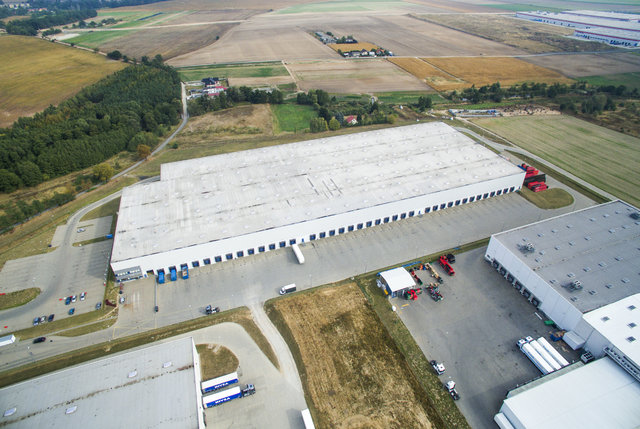- Published on 27-07-2021
- by Robert Fletcher
Instrat: It is possible to achieve up to 33% of RES share in Poland in 2030
Poland could increase the target of the share of renewable sources (RES) in final energy consumption in 2030 to 33%, provided that wind energy and photovoltaics develop, according to the Instrat Foundation report.
According to the estimates of the European Commission, the share of renewable energy sources in final energy consumption in Poland should amount to 31% in 2030. This is 8 percentage points above the target currently declared in the National Plan for Energy and Climate (KPEiK). Instrat experts counted, that in Poland it is possible to achieve up to 33% of renewable energy in final energy consumption, and this would result from an increase in the share of renewable energy in the electricity sector from 32% to 61% in 2030, which would also allow to achieve approx. 15% of renewable energy in transport.
In turn, the share of renewable energy in heating and cooling should be increased from 28.4% to 32.5%.
"We should already declare an increase in our RES ambitions and take steps to implement them. As we showed in the report 'What after coal? RES potential in Poland', the cost of energy generation will increase by 61% if we continue to implement the scenario of the Polish government's Energy Policy to 2040 (PEP2040). However, it does not have to be so! Our calculations clearly show that costs can be reduced by up to 50% compared to PEP2040, if we focus on photovoltaics and windmills," commented the expert of the Instrat Foundation Adrianna Wrona.
In practice, the way to reach the approximate value of 31% proposed by the European Commission in 2030 leads primarily through the transformation of the power sector.
"Achieving the goals in transport and heating left at the level declared in the NECP, while at the same time 61% in the electricity sector, will allow achieving a 31% share of RES in final energy consumption in 2030. Increasing the target in the electricity sector should therefore be a priority for Poland, not only for the sake of for climate purposes. It will also allow for the decarbonisation of transport and heating," says Wrona.
The tardiness in conducting Poland's energy policy will lead to an increase in energy prices, and the only way to avoid it is the development of renewable energy sources, the report emphasized.
Source: EC and ISBnews
-
Indicators

- 2021-08-10
- 176 Comments
Skarbiec TFI: The turnover on the WSE is low, the result season is only just starting
-
Indicators

- 2021-08-10
- 176 Comments
Stock of modern office space in Sofia reached 2,340 million sqm
-
Indicators

- 2021-08-10
- 176 Comments
PZU: Polish GDP growth could approach 12% y / y in Q2 2021.
Online Poll
sponsored




 2021-08-10
2021-08-10
 2021-08-10
2021-08-10
 2021-08-10
2021-08-10